By: Margaret Mark & Ruth Wooden
In the middle of the last century, Caregivers were, to some extent, idealized in our lives, and more dramatically, within our culture. From Ozzie and Harriett to Marcus Welby to It’s a Wonderful Life to Going My Way, institutional Caregivers were sentimentalized and celebrated in film and television, be they in the form of parents, family doctors, small town bankers or clergymen. While the image of the loving parent remains mythologized, so many of the other institutional caregivers once so important to public life have betrayed the public trust, that it seems that in today’s world we are too disappointed and guarded to believe Caregivers beyond our most immediate supporters really do exist.
And yet in spite of this – or perhaps, because of it – Pope Francis has been able to repeatedly seize the spotlight and capture the collective consciousness by focusing attention to the poor, the weak and the vulnerable. “It is as if”…, wrote the author James Carroll in the December 23/30th 2014 issue of THE NEW YORKER, “…there is a return of this father who is supposed to protect us, guide us, and love us.”
Why has the reaction to Francis been so out-sized?
For one thing, it is when an Archetype is absent in the culture that our need for it intensifies.
For example, in our blissful national cluelessness before the tragedies of September 11, trend watchers and culture mavens pretty universally declared that that the concept of the Hero was dead in America. Our post-Vietnam, post-Watergate, post-Monica cynicism, they claimed, rendered modern Americans, particularly young ones, immune to the concept of Heroes, except, perhaps, in the form of their own mothers or fathers.
From an Archetypal standpoint, this was, of course, utter nonsense. Heroes and the legends they inspire have been the inspiration for our songs and stories as long as mankind has existed, manifesting themselves in tales from Beowulf to Argo. Joseph Campbell devoted his life's work to illuminating how the Hero's story informed the great religions of the world, and George Lucas built his reputation and his fortune upon Campbell's work in the form of the Star Wars' Trilogy. If anything, the Archetypal perspective suggests that when one of the Archetypes is temporarily absent in our culture, our hunger for it grows ever stronger, so that when it re-surfaces, it is unspeakably powerful.
Such was the case when we witnessed the firefighters and other first responders running into the burning towers when others were running out. Their heroism was the life-line that we clung to to help us manage the emotional devastation. And such has been the case with the yearning for the Caregiver.
Of course, Francis is a particularly compelling realization of the Caregiver for our times. Among many things, he is a gifted intuitive communicator; demonstrating, rather than preaching tenderness and compassion, and leveraging compelling imagery – the principle currency of today’s social media – as much, if not more than words to register the power of his message. Images of his modest dress, embracing the disfigured man, washing the woman’s feet, serving Mass near the U.S.- Mexican border, all have gone instantly viral and achieved enormous exposure and engagement. And even those of us who did not literally “see” any of these videos or images can instantly imagine them, triggering a visceral response that goes right to the heart.
Digging deeper, Francis as a modern Caregiver defies the simple-minded stereotypes of the past, and instead, embodies multiple paradoxes. He is of the Americas and he is European; New World and Old World; startlingly modern and deeply old-fashioned. Illustrating the point of Jung’s appreciation of both masculine and feminine energies in a healthy individual, Francis is inarguably bold and strong, while at the same time, soft and tender. His behavior as a courageous Pontiff and his insistence as a parish priest to go into the most dangerous neighborhoods on his own present traditionally “masculine” credentials, while his capacity for and comfort level with acts of incredible sweetness and compassion demonstrate an integration of personality which is particularly compelling for our times.
Today, we are in need of “hybrids” to show us the way, and not just in our automotive choices. A radically changing economic base, demographic dynamic and cultural landscape instruct us that “one way” is no longer the answer; and that more fluid and unexpected combinations of qualities, talents and experiences will be essential to our forward motion – even, if not particularly so, in our realization of the Caregiver. Francis, like our fictional friends on Modern Family, dramatizes that need for flexibility and variation need not diminish the transcendent power of the Caregiver; in fact, these qualities make caregiving more adaptable to contemporary life.

